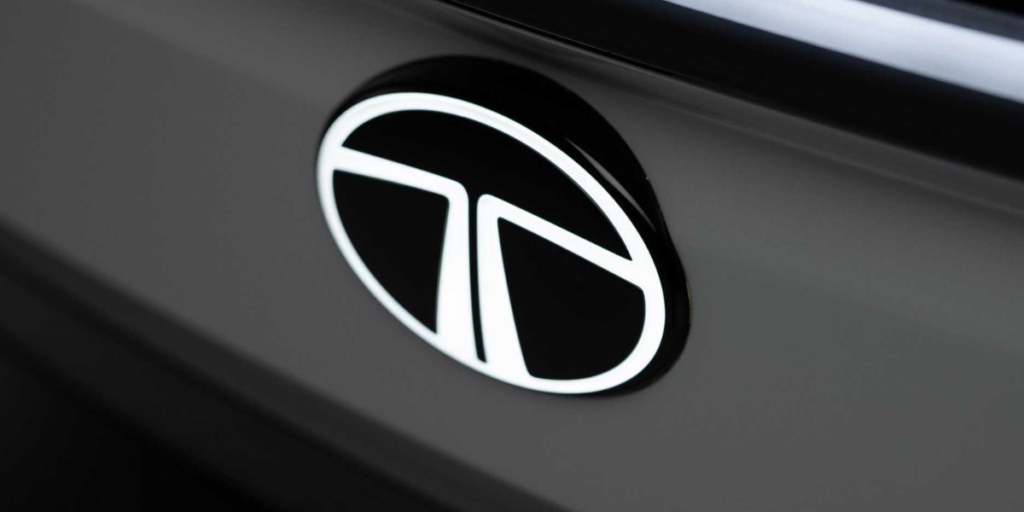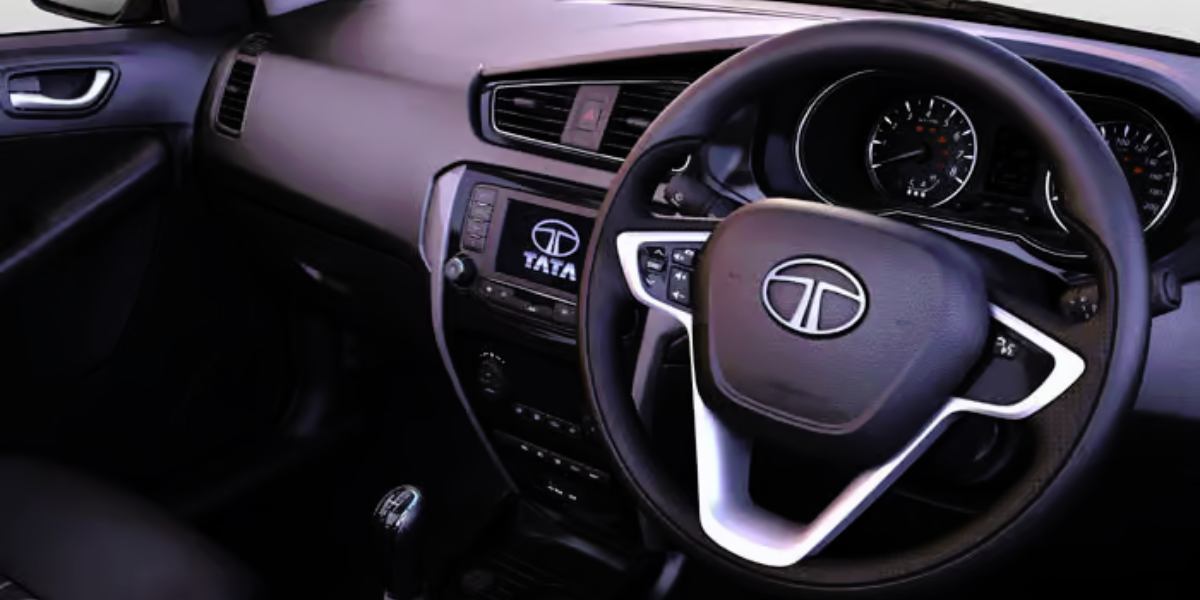Tata Motors, the renowned Indian automotive giant, has set the stage for a groundbreaking move with its announcement of a demerger plan. This strategic maneuver aims to split the company into distinct commercial vehicle (CV) and passenger vehicle (PV) entities, ushering in a new era of focused growth and value creation. Let’s delve into the intricacies of Tata Motors’ demerger strategy and its potential implications for stakeholders and the automotive industry at large.
Table of Contents
Tata Motors Demerger Unveiled: An Overview
In a significant development, Tata Motors has unveiled plans for a demerger, signaling a strategic shift in its corporate structure. The demerger will separate the company’s commercial vehicle and passenger vehicle businesses into two distinct entities, allowing each to pursue its strategic objectives with greater autonomy and focus. This move comes amidst evolving market dynamics and the company’s aspirations for sustained growth and profitability.

Nomura India Weighs In: Analyzing the Implications
Nomura India, a leading foreign brokerage firm, has offered insights into the potential impact of Tata Motors’ demerger on the market landscape. While acknowledging the strengths of Tata Motors’ CV, Jaguar Land Rover (JLR), and PV businesses, Nomura India suggests that the demerger may not immediately alter the Street’s valuation approach. However, in the medium term, the separation could enable each business to pursue its unique strategies more effectively, unlocking value for shareholders.
Focus on Passenger Vehicles:
One of the key focal points of Tata Motors’ demerger strategy is its passenger vehicle (PV) business, which has witnessed a remarkable turnaround in recent years. Nomura India highlights the PV business’s resurgence, citing a significant increase in market share and a focus on safety, attractive design, and feature-rich vehicles. With ambitious plans to become the second-largest PV player in India by FY25-26F, Tata Motors aims to capitalize on emerging opportunities in the domestic automotive market.
Eyes on Electric Vehicles: Driving Innovation and Growth
Tata Motors is also positioning itself as a frontrunner in India’s electric vehicle (EV) revolution, with ambitious targets for market share and portfolio expansion. The company boasts over 70% market share in the EV segment and plans to introduce 10 EV models by FY26, with a vision of achieving 50% of its volumes from EVs by 2030. Nomura India underscores the potential value creation from Tata Motors’ EV endeavors, highlighting the importance of success in this transformative space.

Roadmap for Commercial Vehicles:
While Tata Motors’ commercial vehicle (CV) business has faced challenges, particularly amid economic headwinds and regulatory changes, there are signs of resilience and potential for growth. Nomura India points to improving market share and profitability in the CV segment, driven by strategic initiatives and market dynamics. Additionally, opportunities in emerging segments such as e-Buses and e-LCVs present avenues for future growth and value creation.
Implementation and Timeline: Navigating the Demerger Process

The demerger of Tata Motors’ CV and PV businesses will be executed through the NCLT scheme of arrangement, with all existing shareholders maintaining identical shareholding in both listed entities. The process is expected to take 12-15 months to complete, subject to approvals from shareholders, creditors, and regulatory authorities. Tata Motors’ management emphasizes the confluence of synergies across PV, EV, and JLR, anticipating multiple benefits for stakeholders and enhanced value creation.
Conclusion: Pioneering a New Era of Growth
In conclusion, Tata Motors’ demerger plan marks a pivotal moment in its journey towards sustained growth and value creation. By separating its CV and PV businesses, the company aims to unlock synergies, enhance focus, and capitalize on emerging opportunities in the automotive landscape. With a renewed emphasis on passenger vehicles, electric vehicles, and commercial vehicles, Tata Motors is poised to chart a bold course towards a prosperous future. As stakeholders await the fruition of the demerger process, anticipation is high for the transformative impact it will have on Tata Motors’ trajectory and the broader automotive industry.

In this blog post, we’ve explored Tata Motors’ demerger strategy in detail, analyzing its implications, opportunities, and challenges. As the company embarks on this transformative journey, the stage is set for a new chapter of growth, innovation, and value creation in the dynamic world of automotive manufacturing and mobility.

